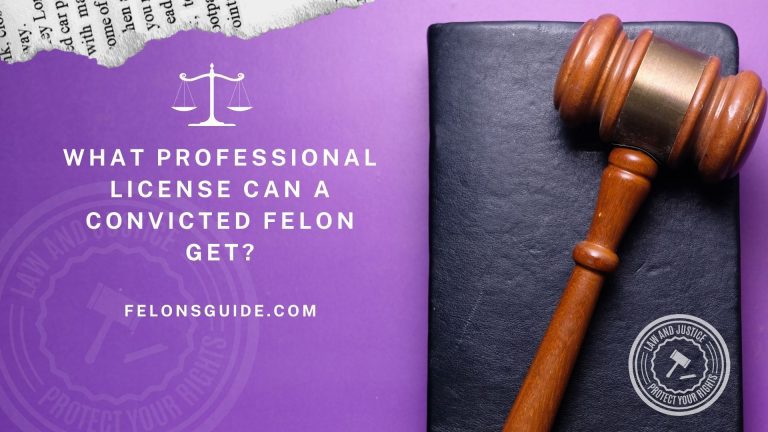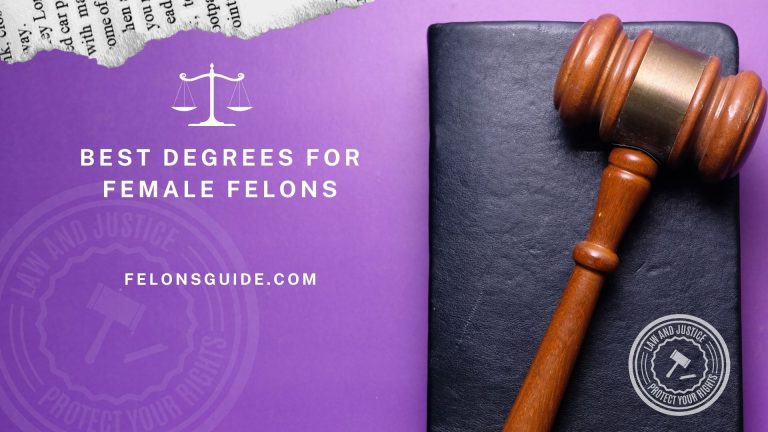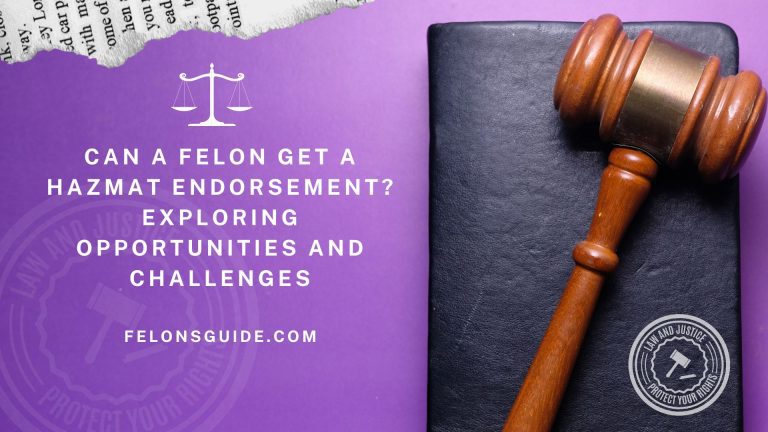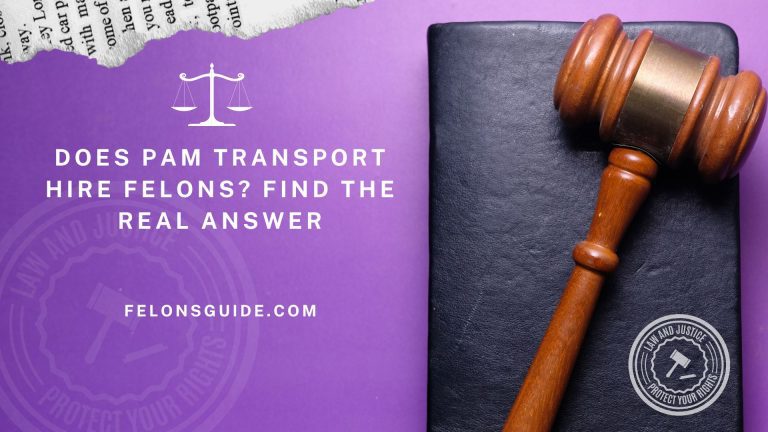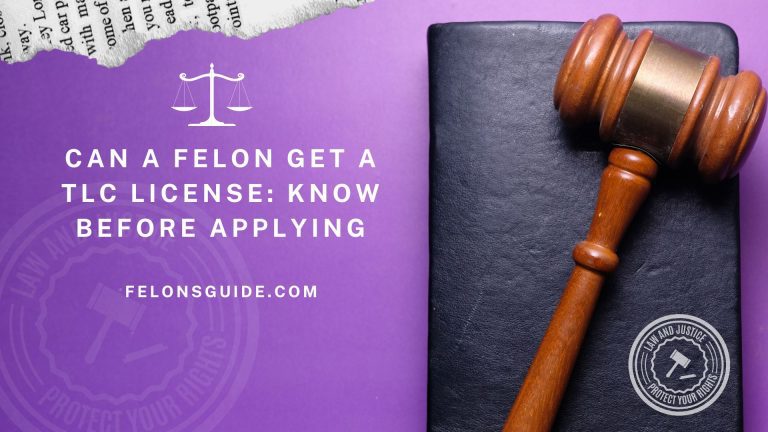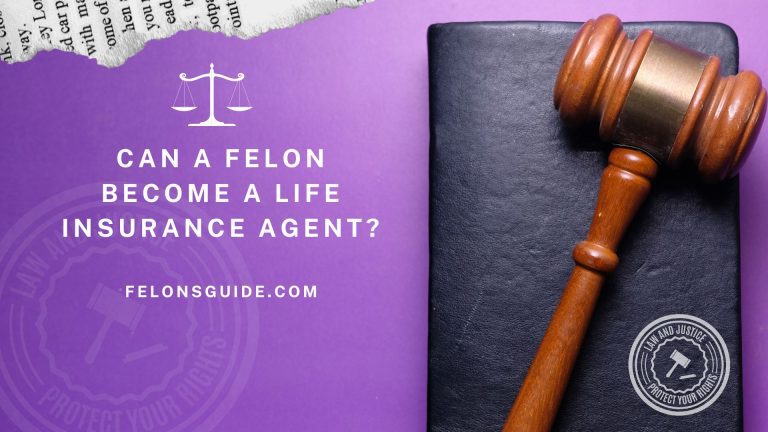Can a Felon be a Teacher? How Felons Can Pursue a Career in Teaching
The United States has the highest incarceration rate in the world, with over 2 million individuals behind bars. Many of these people will eventually be released and will face the challenge of re-entering society. One question that often comes up is whether felons can pursue certain careers, such as teaching. This article aims to explore the possibilities of felons becoming teachers, including the requirements, challenges, and opportunities they may face.
Can a Felon be a Teacher?
The answer to whether a felon can be a teacher is not a simple yes or no. It depends on the type of felony committed, the state’s laws and regulations, and the individual’s circumstances.
In some cases, a felony conviction may disqualify a person from obtaining a teaching license or certification. For example, felonies related to child abuse, sexual offenses, or drug distribution may prevent a person from being eligible for a teaching license.
However, not all felony convictions result in an automatic disqualification from becoming a teacher. Some states have laws that allow individuals with certain types of felony convictions to obtain a teaching license if they meet specific requirements, such as completing a rehabilitation program or demonstrating good behavior for a certain period of time.
Ultimately, it is up to the state’s education department or licensing board to determine whether a felon can be a teacher. It is recommended that anyone with a felony conviction interested in becoming a teacher should consult with their state’s licensing board and seek legal advice to determine their eligibility and options.
Requirements and Challenges:
When it comes to teaching, there are certain requirements that one must meet, regardless of their criminal record. These requirements vary by state, but typically include the following:
Education: A minimum of a bachelor’s degree in education or a related field is required to become a teacher.
Teaching Certification: All states require teaching certification or license, which involves passing a series of exams and completing a teacher preparation program.
Background Check: All states require a background check to ensure that prospective teachers do not have a criminal history that would disqualify them from the profession.
For felons, meeting these requirements can be challenging. The biggest hurdle is often the background check, as many schools and school districts have strict policies regarding hiring felons. In addition, the process of obtaining a teaching certification can be difficult for those with a criminal record, as some states have laws prohibiting individuals with certain types of criminal convictions from obtaining a teaching license.
Also Read: Can Felons Vote in Federal Elections? Learn about the eligibility criteria, state laws
Opportunities
Despite the challenges, felons can still pursue a career in teaching. Here are a few potential opportunities:
Alternative Certification Programs: Some states offer alternative certification programs that allow individuals without a traditional teaching degree to become teachers. These programs typically require a bachelor’s degree and passing a series of exams but may be more lenient when it comes to criminal history.
Charter Schools: Charter schools are publicly funded but operate independently of traditional school districts. As such, they often have more flexibility when it comes to hiring policies and may be more willing to consider felons for teaching positions.
Private Schools: Private schools are not subject to the same regulations as public schools and may be more willing to hire felons. However, they may still require a background check and may have their own policies regarding criminal history.
FAQs:
Q: What types of crimes would disqualify someone from becoming a teacher?
A: This varies by state and school district, but typically, crimes involving violence, sexual misconduct, or drug offenses are considered disqualifying.
Q: Do all schools and school districts have strict policies regarding hiring felons?
A: No, policies regarding hiring felons vary by school and district.
Q: Can felons teach at the college level?
A: Again, this varies by state and institution, but generally, colleges and universities have more lenient hiring policies than K-12 schools.
Q: Can a felon who has served time for a crime related to education, such as falsifying records, still become a teacher?
A: This would depend on the specific circumstances and the policies of the school or district in question.
Conclusion:
While becoming a teacher as a felon can be challenging, it is not impossible. Alternative certification programs, charter schools, and private schools may offer opportunities for those with a criminal history to pursue a career in teaching. However, it is important to keep in mind that the requirements and policies regarding criminal history vary by state and school district, and certain types of crimes may disqualify someone from becoming a teacher altogether. It’s important for felons interested in teaching to do their research and understand the requirements and policies in their area before pursuing this career path.
In addition, it’s worth noting that teaching can be a rewarding but challenging profession, requiring a great deal of patience, dedication, and hard work. Felons interested in teaching should carefully consider whether they are truly passionate about education and whether they have the necessary skills and qualifications to be successful in this field.
Ultimately, whether a felon can become a teacher depends on a variety of factors, including the type of conviction, the state and school district in question, and the individual’s qualifications and dedication. While it may be challenging, felons who are committed to pursuing a career in teaching can explore their options and work towards achieving their goals.
